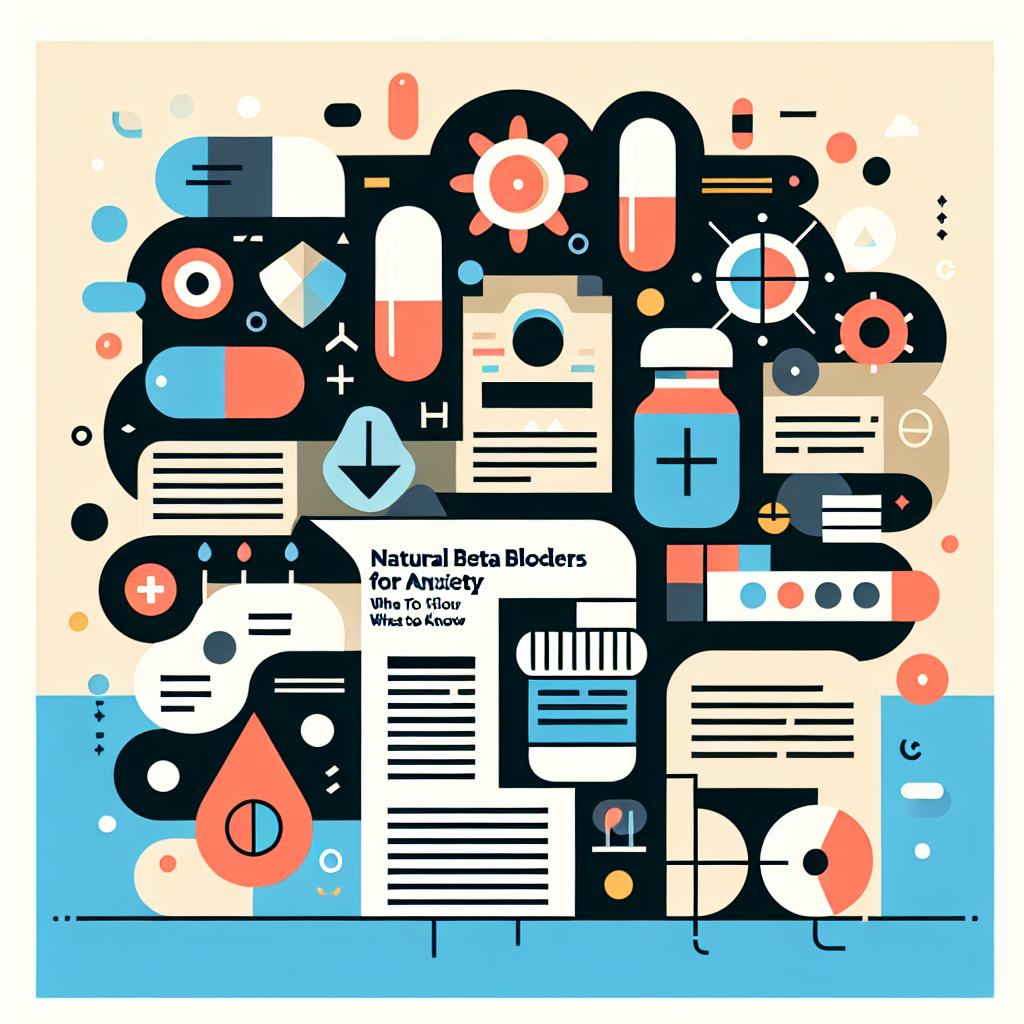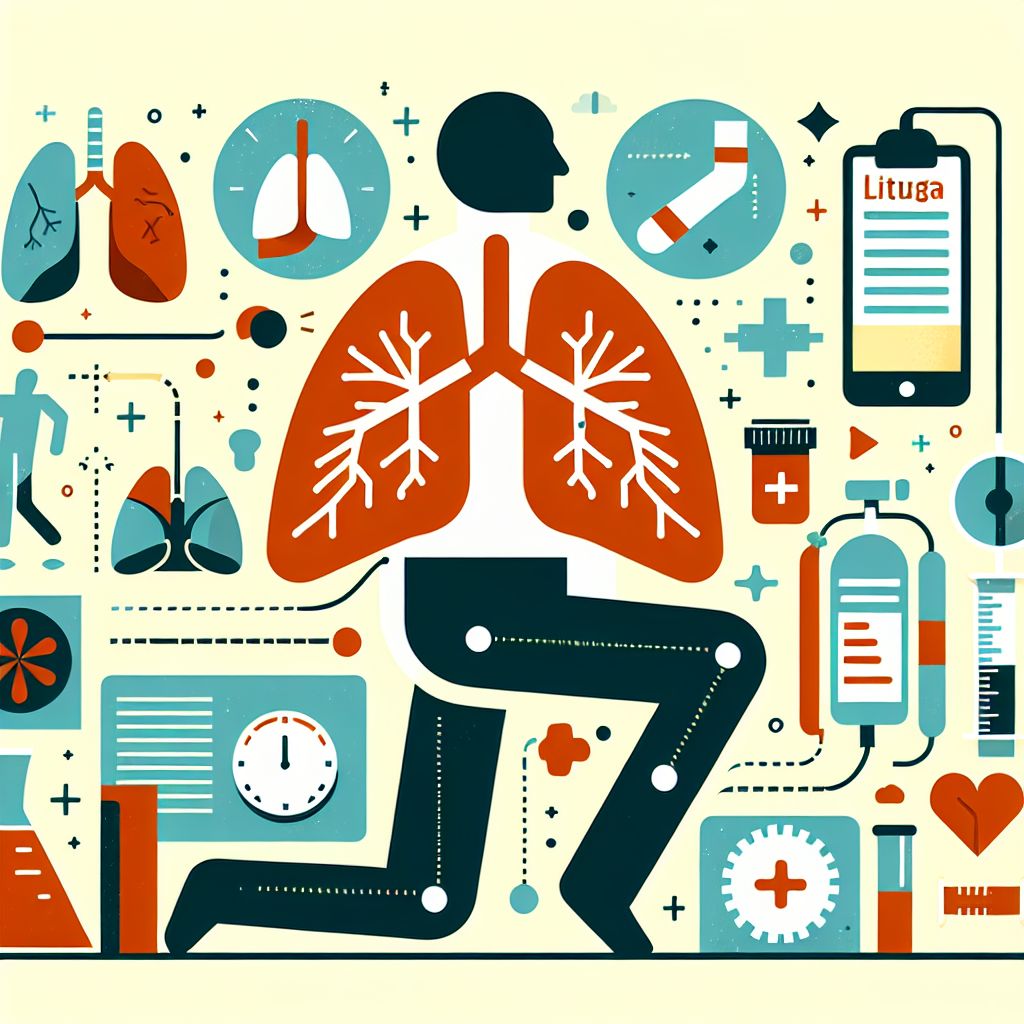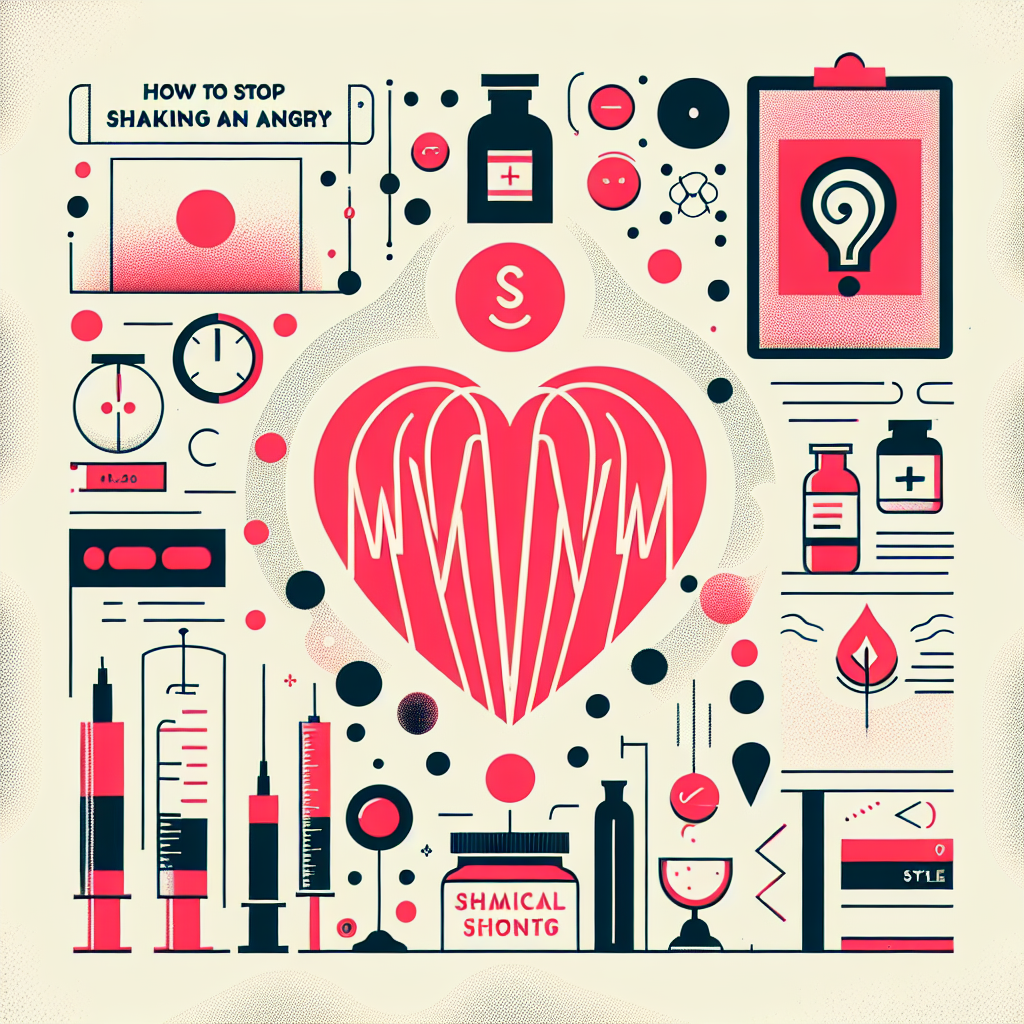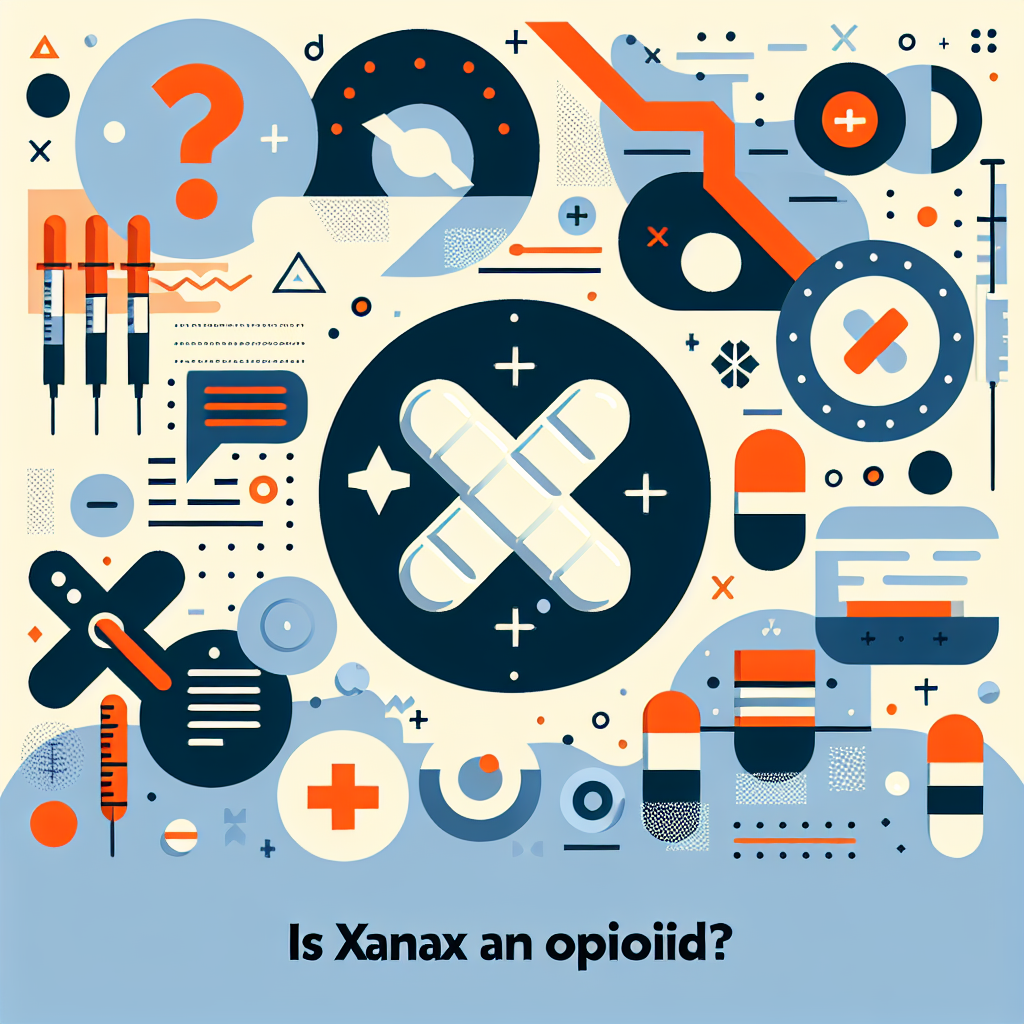Many people look for gentler, more natural ways to calm nerves, so it’s no surprise that searches for natural beta blockers for anxiety have been rising. While prescription beta blockers like propranolol act directly on the heart and nervous system, a range of lifestyle strategies, supplements, and herbal remedies can produce calming effects—sometimes called “natural beta blockers”—that may help reduce physical symptoms of anxiety such as racing heart, trembling, or sweaty palms.
Natural beta-blocker options for anxiety
First, it helps to understand what prescription beta blockers do: they block beta-adrenergic receptors to slow heart rate and reduce the adrenaline response. For a clear primer on pharmaceutical beta blockers, see this overview from Wikipedia: Beta blocker — Wikipedia. Natural approaches don’t block receptors in the same way, but some nutrients, herbs, and mind-body practices can mimic parts of that calming effect.
Common natural approaches and what the evidence says
- Magnesium: Low magnesium is linked to increased anxiety and muscle tension. Supplemental magnesium may help reduce physical symptoms such as palpitation and restlessness when levels are low.
- L-theanine: An amino acid found in green tea, L-theanine promotes relaxation without sedation and can lower sympathetic nervous system activity in some studies.
- Adaptogenic herbs: Rhodiola and ashwagandha are often used to modulate stress responses. Evidence is mixed, but some people report reduced anxiety and improved resilience.
- Hawthorn and other cardiovascular herbs: Traditionally used for heart palpitations, hawthorn can have mild calming effects on circulation and may ease somatic anxiety symptoms.
- Mind-body techniques: Slow diaphragmatic breathing, progressive muscle relaxation, biofeedback, and regular aerobic exercise directly reduce sympathetic arousal and can function like behavioral “beta blockers” over time.
How natural options differ from prescription beta blockers
Prescription beta blockers (for example, propranolol) have a predictable pharmacologic action and dosing guidelines, and they are effective for acute performance anxiety or somatic symptoms. Natural remedies work more variably, often with milder effects and slower onset. They’re typically marketed over the counter as supplements, but that doesn’t guarantee consistent potency, purity, or safety.
Over the counter beta blockers for anxiety — myth vs. reality
The phrase over the counter beta blockers for anxiety can be misleading. True beta blockers are prescription medications in most countries and are not available OTC. What people commonly find over the counter are supplements and herbs that may help anxiety symptoms; these are not pharmacologic beta blockers. If you’ve been advised a beta blocker by a clinician, don’t replace it with an OTC supplement without medical guidance.
Safety, interactions, and when to see a clinician
“Natural” does not always mean safe. Herbs like kava have been linked to liver injury; adaptogens can interact with thyroid or psychiatric medications; magnesium can cause diarrhea or interact with certain drugs; and some supplements affect blood pressure or heart rate. People with asthma, heart conditions, diabetes, or those who are pregnant should be especially cautious about self-treating. Always tell your healthcare provider about any supplements you use, and discuss whether a trial of lifestyle changes, supplements, or a prescription beta blocker is appropriate.
For readers exploring options beyond pharmaceuticals, an article that compares over-the-counter alternatives and prescription treatments can be helpful; see this guide to over-the-counter Xanax alternatives for practical considerations.
Practical steps to try safely
- Start with nonpharmacologic tools: paced breathing, exercise, sleep hygiene, and reducing caffeine and nicotine.
- If considering supplements, choose a reputable brand, start at a low dose, and allow time (weeks) to evaluate effects.
- Keep a symptom log to track heart rate, sleep, and triggers and share it with your clinician to guide safe choices.
- If you experience chest pain, fainting, severe dizziness, or breathing problems, seek immediate medical care—these may indicate a medical condition, not simple anxiety.
- Consult your primary care provider or a psychiatrist before stopping prescription medication or combining supplements with drugs.
- Takeaways
- “Natural beta blockers” usually refer to supplements and practices that reduce sympathetic arousal rather than true receptor blockade.
- Nonprescription options include magnesium, L-theanine, some herbs, and mind-body practices; evidence varies and quality control is inconsistent.
- There are no true over the counter beta blockers for anxiety—prescription beta blockers remain regulated medications.
- Talk with a clinician before substituting or combining supplements with prescription treatments, and prioritize safety if you have heart, lung, or metabolic conditions.
Q: Can I safely use supplements instead of a prescribed beta blocker?
Not without medical advice. Supplements may help mild symptoms for some people but do not reliably replace the pharmacologic effects of prescribed beta blockers. Discuss risks, interactions, and monitoring with your provider before making changes.
Q: Are there immediate non-drug strategies that mimic beta blocker effects?
Yes. Slow diaphragmatic breathing, brief guided relaxation, and grounding techniques can quickly reduce heart rate and sympathetic activation. For performance anxiety, a clinician-prescribed dose of propranolol is often effective, but behavioral techniques are useful first-line tools.
Q: How do I choose a safe supplement brand?
Look for third-party testing (USP, NSF, or ConsumerLab), clear ingredient lists, and transparent sourcing. Avoid high-dose combinations or proprietary blends with undisclosed amounts. When in doubt, consult a pharmacist or clinician.






